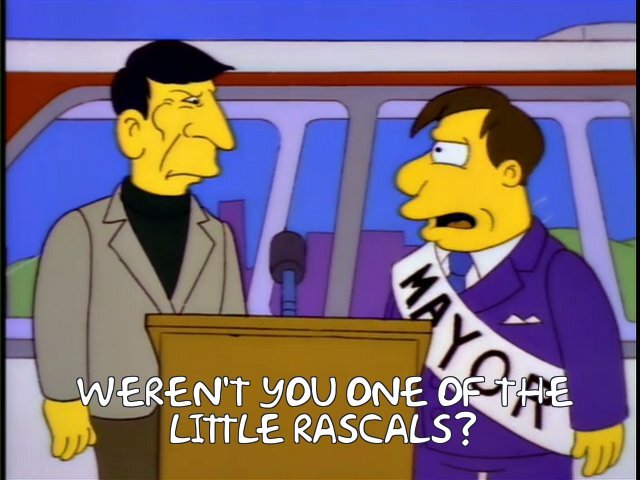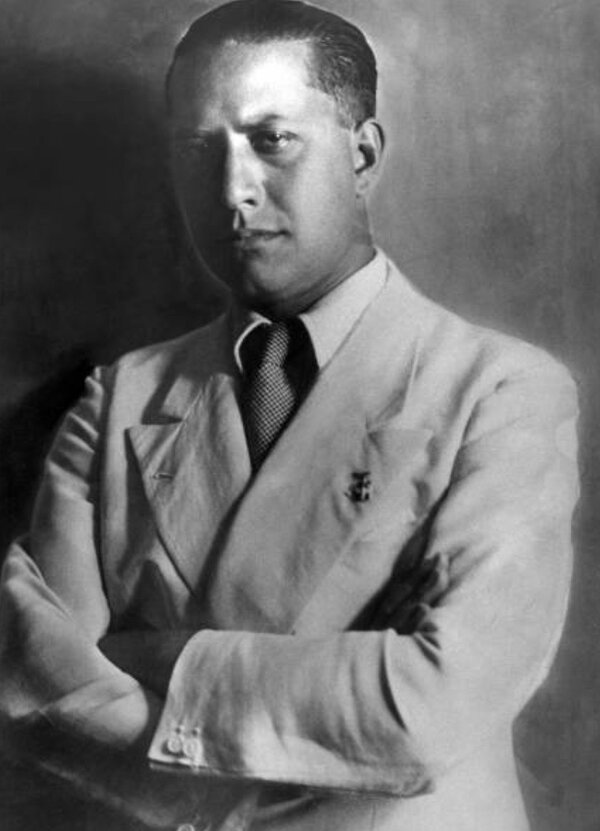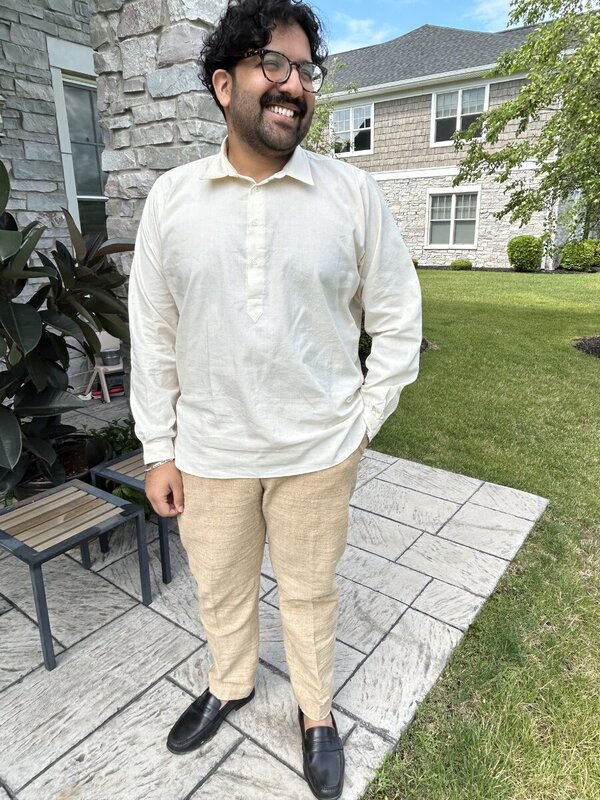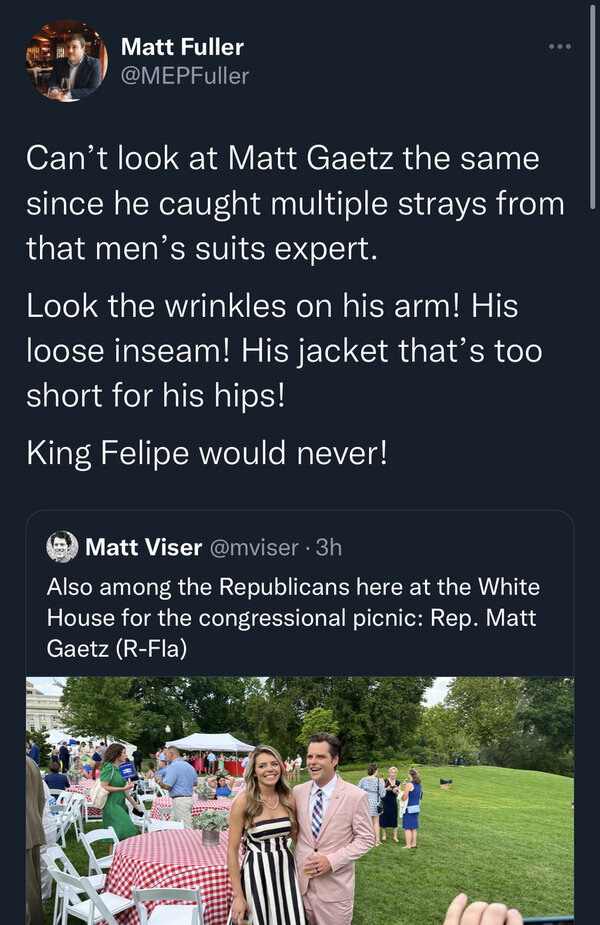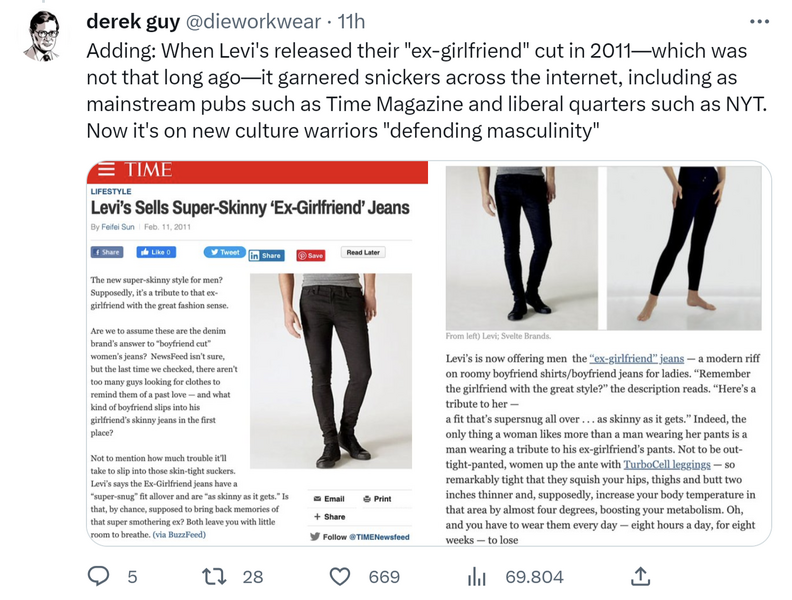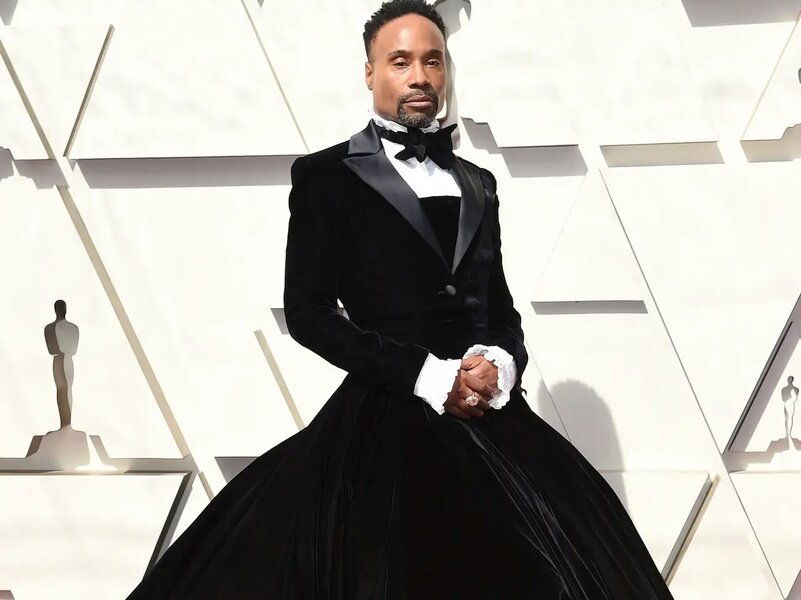Nobilis Animus
Distinguished Member
- Joined
- Nov 25, 2017
- Messages
- 2,660
- Reaction score
- 2,384
Perhaps, but I think it would be up to people in that community to decide what they want to be called and what tools they would like to use for political organizing. Part of the point of creating the term Asian American was that the term was created by and for people in that community, not like Oriental, which was imposed and comes with connotations of foreign conquest. I don't mean to say that "outsiders" don't have a right to contribute to that conversation, but I'm not sure a white guy has the right to say what Asians should call themselves or be offended by.
Certainly no one has the right to define what anyone else choose to call themselves, and people may also organize themselves politically along whatever lines they choose, but such things are still not above scrutiny. If that scrutiny happens to come from outside the ethnic community, it is no less relevant if it is accurate. Otherwise we are simply engaging in a Fallacy of Origin.







